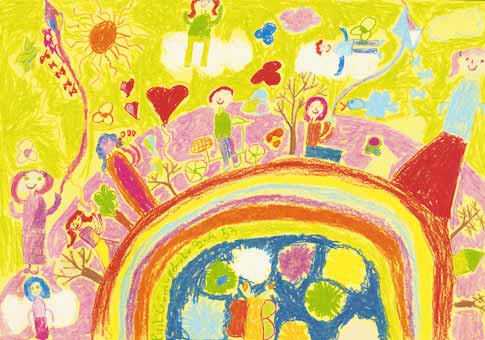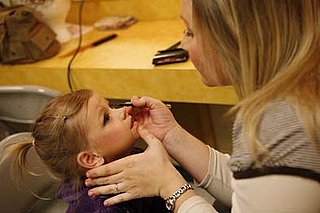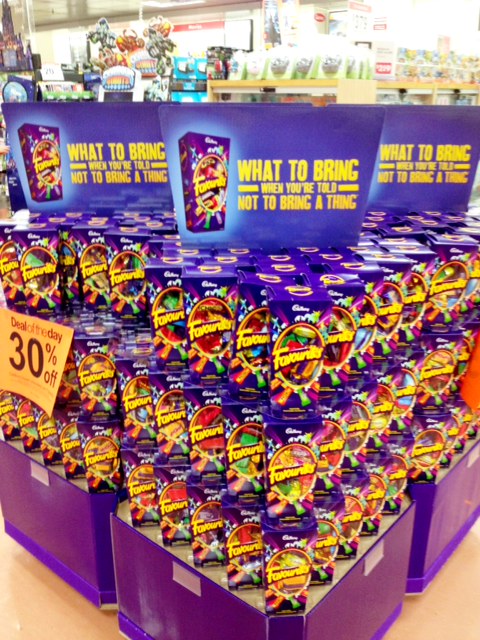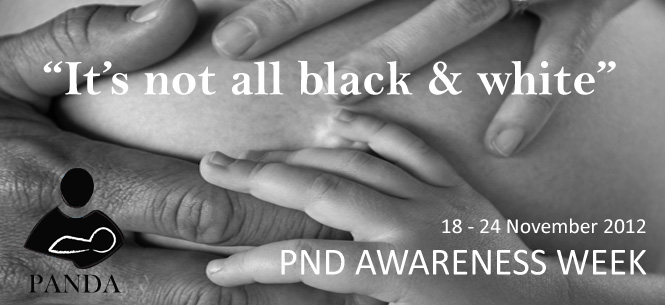This post is part of the ambassador role between TPF/Mate v Mate
Cancer is never an easy topic to cover with children. In fact, any illness of any kind is not easy to discuss. It can be overwhelming, emotional, stressful and leave parents feeling even more worried about their children. But evidence shows that being open and honest with children can in fact help them cope with the cancer diagnosis of someone close to them.
Let’s be honest, you can’t fool kids. They are switched on to the most subtle behaviour, emotion and change in life. They are like sives, soaking up absolutely everything. This needs to be acknowledged and heard. Children need to be listened to, acknowledged and given an opportunity to talk about how they are feeling, and what is going on for them, no matter what their age. Understandably, the level of understanding between a 3 year old and a 13 year old is vastly different, but the essence of hearing and listening to children remains the same.
As a parent, you are the best expert to help them through this difficult time. Sometimes children feel something, but don’t have the words to describe it. Using drawing or creative play may be a very useful tool for younger children to help them express their feelings and emotions.
It is Mate v. Mate challenge week starting on the 16th March. A week to raise awareness to men’s cancer and men’s health. It is also an opportunity to try and change the stigma, and the fear of talking about cancer, making regular health checks in order to change the odds and statistics of men’s diagnosis to cancer. It is a scary fact that 1 in 2 men will be diagnosed with cancer.
Don’t be afraid to seek extra help. Don’t be afraid to read a little more. Like these tips provided by The Cancer Council on helping children cope with cancer:
Key points to helping kids cope
Communicate a lot
- Telling your children about cancer is not a one-off event. Your children will need regular updates as you find out more information.
- Try to tap into the times when your kids are more likely to open up and be creative in finding ways to talk.
Don’t expect to be perfect
- Talking to your kids about cancer can be confronting and upsetting. If things don’t work out the way you planned, take time to work out what you will do differently next time.
- Give yourself a break – you weren’t a perfect parent before cancer and you won’t be a perfect parent after the diagnosis.
Find out what your kids know
- It may be helpful to start with questions to find out your kids’ level of understanding about cancer and where they’ve got their information from. This will help you clear up any of their misunderstandings and gauge how much to tell them.
Let your kids ask questions
- Try not to overload children with too much information at once. Give them small amounts of information, wait and then ask them if they have any questions. If they don’t, leave it at that. They may ask more questions later.
- Answer their questions as accurately as possible, considering their age and experience of cancer in the family.
- Show you appreciate their questions by saying something like, “You have such great questions”.
- Often children’s questions have a hidden meaning, so try to tease out the real meaning with responses like: “That’s interesting. What got you thinking about that?”
- You don’t have to immediately answer questions. If you don’t know the answer or want to think about it first, say you’ll come back with an answer. You could say something like: “That’s a really good question and I want to talk to dad/mum/the doctor. I’ll let you know what they say.” This shows that you welcome all questions.
Be honest and maintain trust
- You can’t protect your children by avoiding the truth.
- Once you’ve established good communication about cancer, keep being open, even if the news isn’t good.
- It’s okay to say you don’t have all the answers.
- Make it clear that nothing the kids have said or done caused the cancer, nor can their behaviour or thoughts affect the outcome.
Show your love and emotion
- Let your children know that you love them.
- Assure them they will be looked after, even if you can’t always do it yourself.
- Don’t be afraid to show your feelings or cry in front of your children. This lets them know that it’s okay to be emotional, and that you don’t always know what to do or say.
Preserve family time and routines
- You may have many visitors or helpers, but don’t let them take over.
- Try to set aside time for the whole family and each of your kids.
- Continue normal routines as much as possible.
- Welcome kids’ efforts to help out at home but don’t take it for granted.
Listen to your kids
- Stop and listen to your children so you know how they feel.
- Encourage them to tell you if they feel upset and why.
- Let them know they don’t have to worry alone.
- Talk about your kids’ own activities as well, and make sure they know it’s still okay to have fun.
You may know of someone who has been diagnosed with cancer, or sadly, maybe even passed. Whatever your story, what ever your journey, taking care of yourself is also of utmost importance. It can be a challenging time, an emotional time, but with a little careful planning and thought, helping families and children cope with cancer can be a little easier.
You can still sign up for Mate v Mate and get behind this fabulous cause. You can still enrol your ‘mate’ or your partner for a funny or adventurous challenge. A round of golf, an arm wrestle, or a bike ride?
And ps. If I was challenging my husband, I would go a little extreme by asking him to eat tofu and veggies for a week.A challenge it would be!

p.s. If you have a spare moment, please do me a favour and complete The Parenting Files Reader Survey so I can grow and make this blog a better place. Thanks xo
{image found here}




